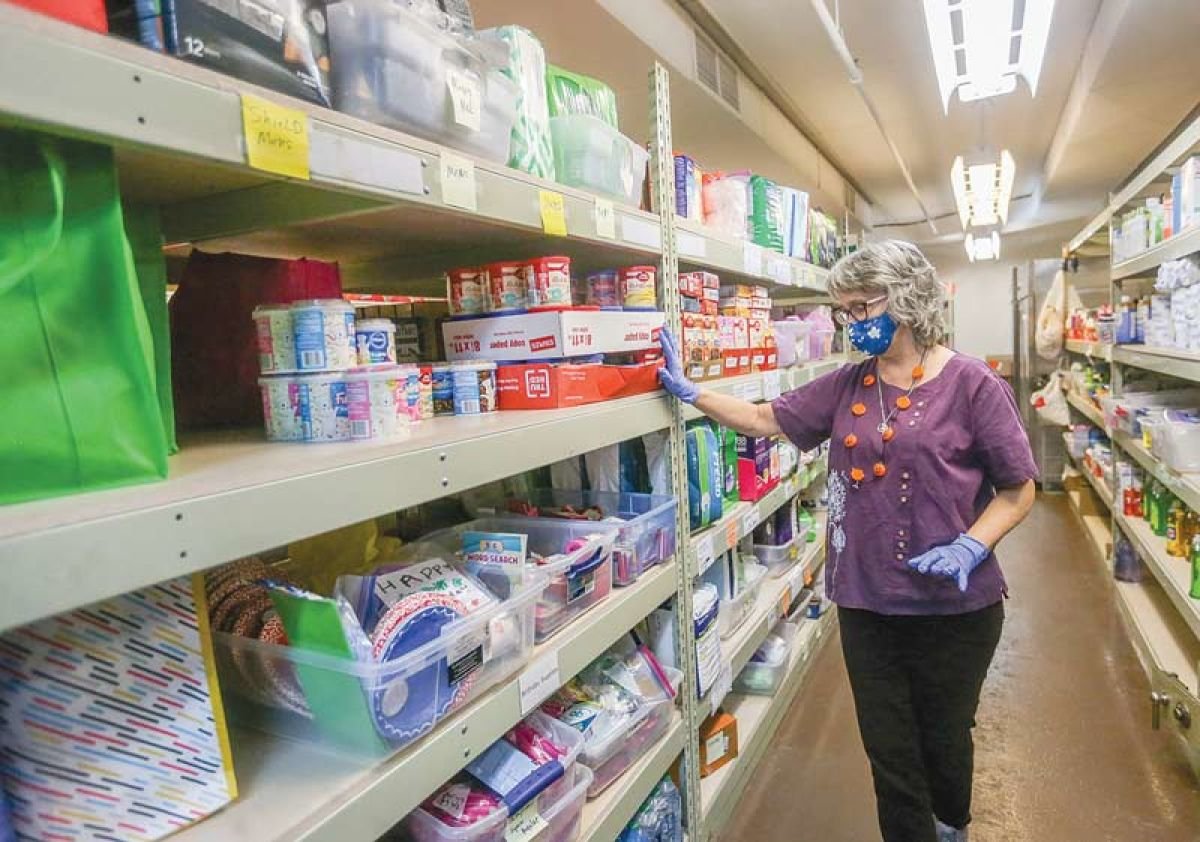The past year has unfolded as a challenging chapter for retail chains, magnified by the aftershocks of the COVID-19 pandemic. The pandemic era ushered in unprecedented disruptions, compelling some stores to shut down due to social-distancing rules. Even as restrictions eased, the landscape for nonessential retailers remained daunting, characterized by dwindling foot traffic and cautious consumer spending.
Amid this turmoil, many retailers were caught in a financial storm. Expenses such as rent and utilities persisted even as sales plummeted, forcing numerous chains to accrue significant debt. Despite a gradual return to normalcy in consumer behavior, the weight of this debt has been a lingering shadow for many, complicating recovery efforts.
This financial strain led to the downfall of several once-popular retailers like Tuesday Morning and Christmas Tree Shops, which heavily relied on the ‘treasure-hunt’ model—a strategy that suffered immensely during the pandemic.

Container Store Group: A Case Study in Resilience
Among those feeling the pandemic’s pinch is the Container Store Group (TCS), a well-known player in the organizational products sector. The fiscal year ending March 30, 2024, proved grim for the company, with consolidated net sales plunging to $847.8 million, marking a 19% decline from the previous year. The retail business specifically saw a sharp drop of 19.2% in sales, with comparable-store sales decreasing by 19.7%.
Despite these challenges, there was a silver lining as the company managed to narrow its losses to $103.3 million, or $2.09 a share, improved from a loss of $158.9 million, or $3.21 a share, the previous year. CEO Satish Malhotra acknowledged the difficulties but remained optimistic about future prospects. In his remarks during the earnings release, Malhotra highlighted the relative strength in their premium Custom Space offerings and discussed plans to enhance these services further.
“Looking ahead, while we anticipate continued challenges within our general merchandise offerings, we continue to lean into Custom Spaces through enhancing our assortment, strengthening our in-home design service, and building awareness through impactful marketing campaigns that highlight our complete offerings,” Malhotra stated.

Facing the Threat of Delisting and Default
Adding to the Container Store’s woes, the New York Stock Exchange issued a notice on May 14, indicating that the company was not in compliance with the exchange’s requirements due to its stock trading below $1 for over 30 consecutive trading days.
While this notice does not immediately trigger delisting, it underscores the urgency for the company to remedy its stock price to avoid such an outcome. Moreover, according to data from Rapid Ratings, the company also faces a substantial risk of defaulting on its financial obligations.
A Core Health Score of 30, as reported, indicates low levels of efficiency and sustainability over the long term. The report also noted significant weaknesses in several performance categories, painting a troubling outlook for the company’s future.
“The Container Store Group Inc. is situated in our High-Risk group, displays weakness in five of our seven performance categories, demonstrates significant underperformance in [return on capital employed], and was downgraded in the most recent period,” Rapid Ratings commented.
“If current trends persist, it would be logical to expect that Container Store Group Inc. will face serious default risk this coming year and will struggle with efficiency and competitiveness problems over the medium-term; thus, the outlook is negative.”

A Sector in Flux
As the retail sector continues to navigate through these tumultuous times, the path ahead remains uncertain. Companies like the Container Store Group must innovate and adapt swiftly to changing consumer preferences and economic conditions.
The retail landscape is evolving, and only those who can effectively respond to these changes will survive and thrive in the post-pandemic world










